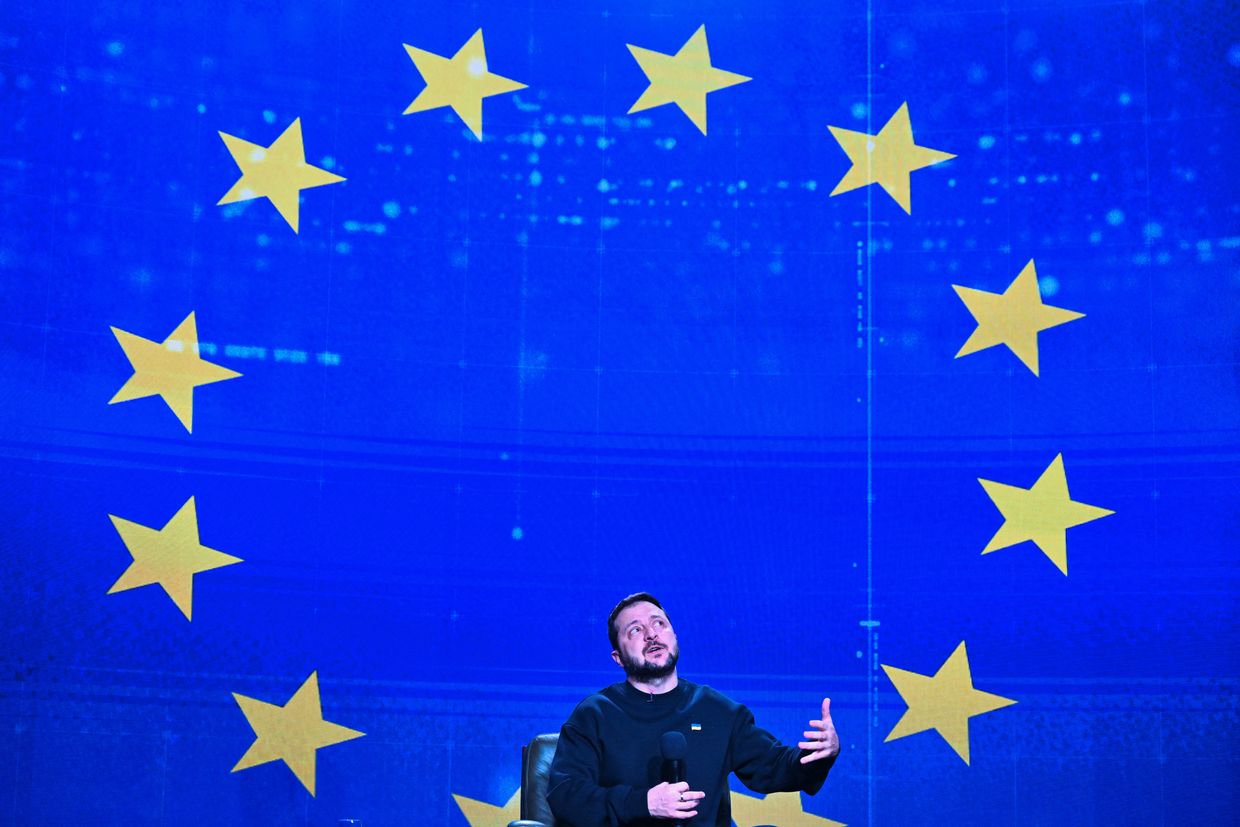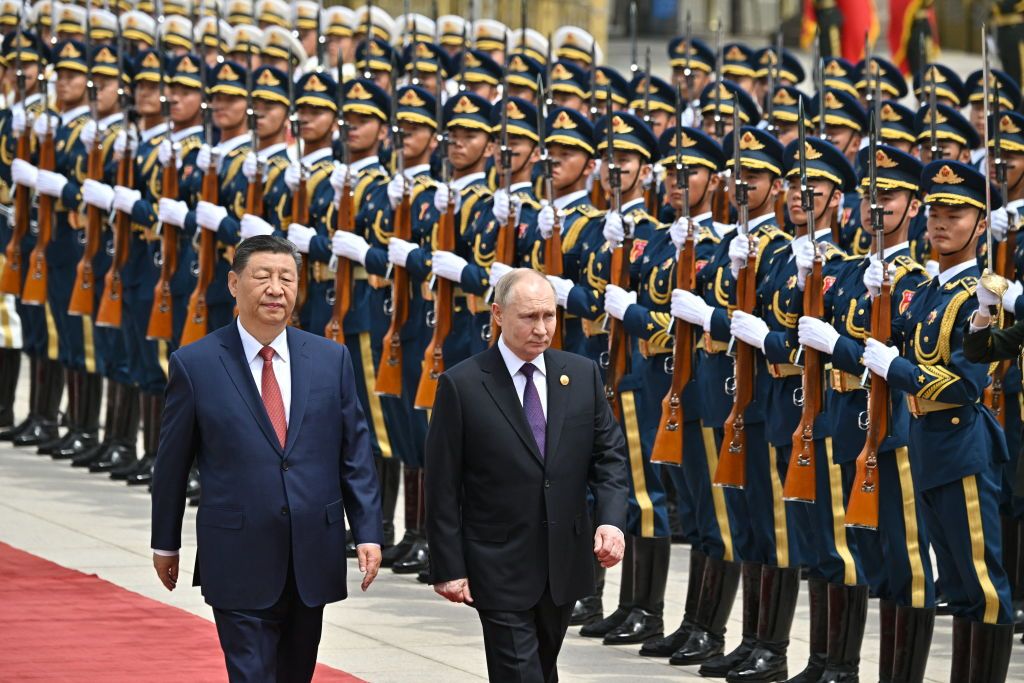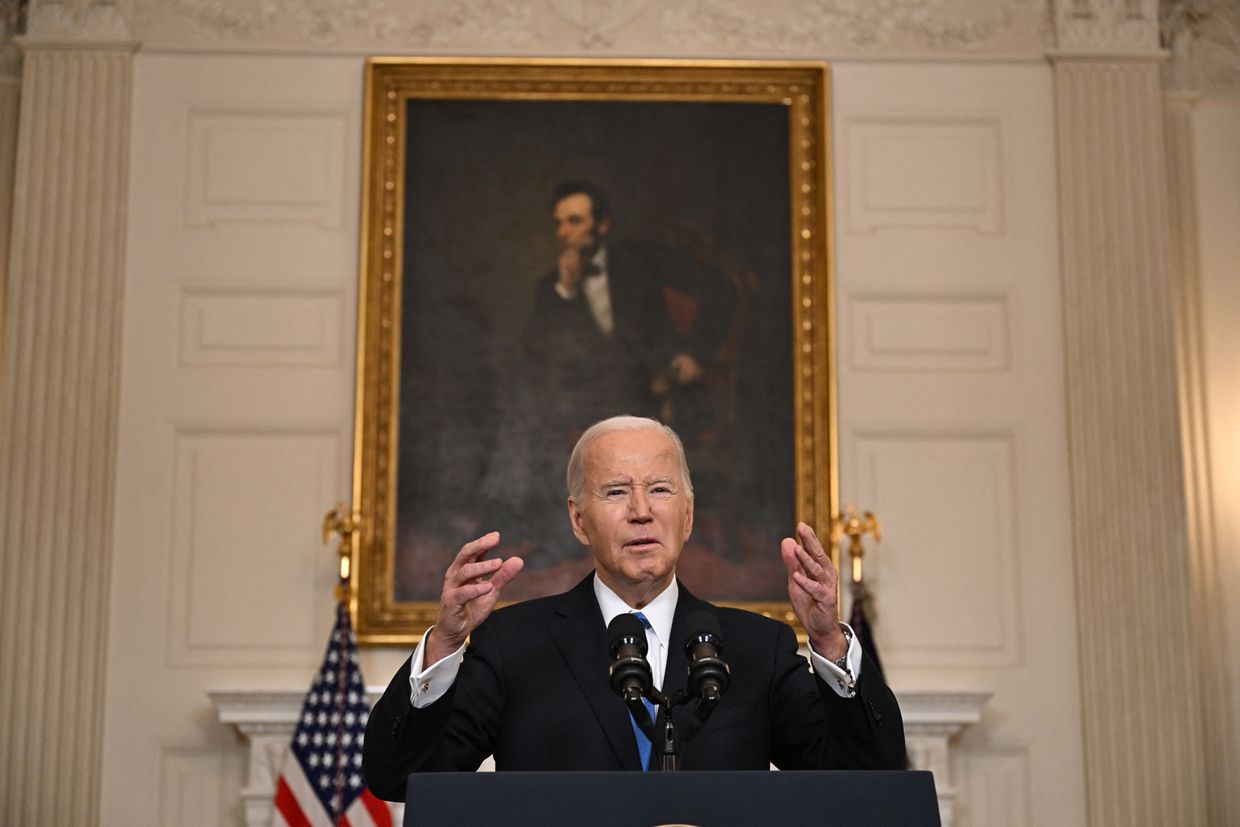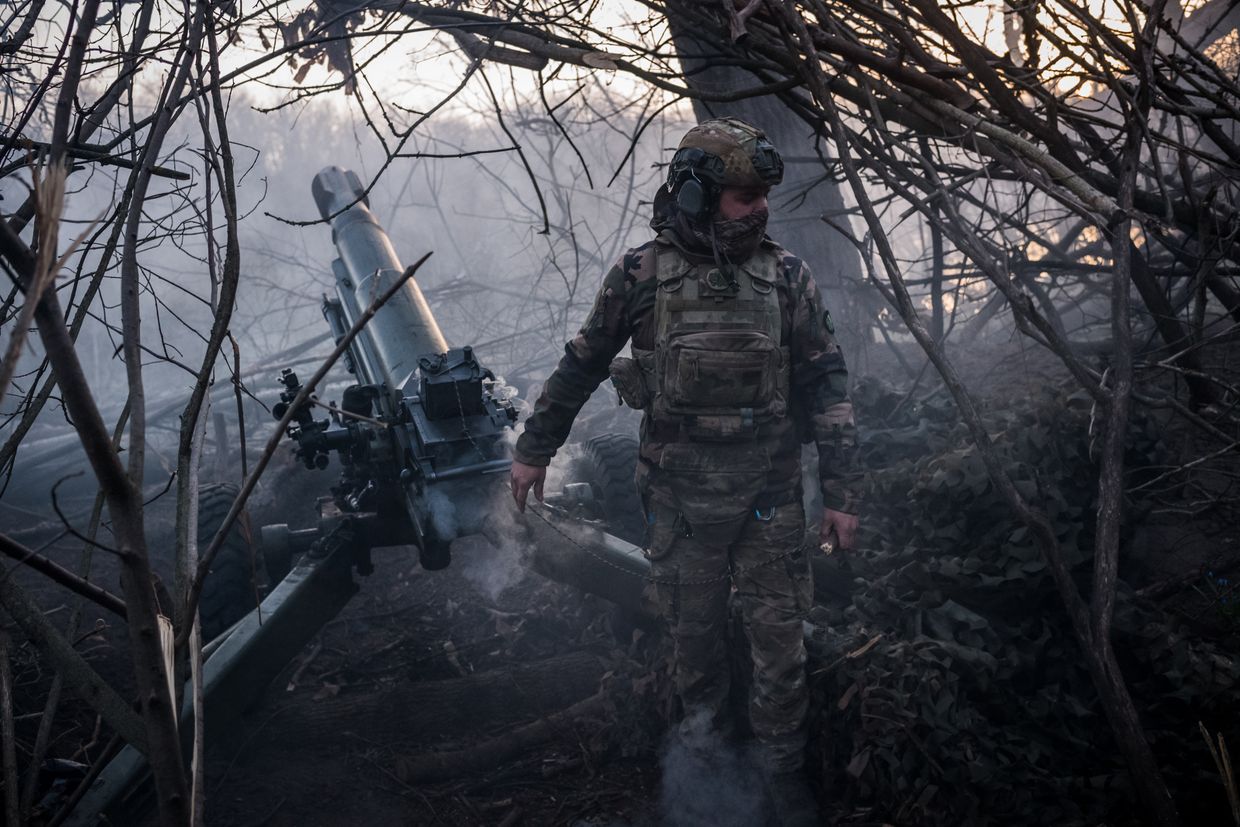Well into the third year of Russia’s full-scale invasion, Ukraine is looking to strengthen international support for its peace plan at the upcoming global peace summit on June 15-16.
While Russia has not been invited to the summit and has dismissed Ukraine’s plan outright, so far 107 countries and international organizations have pledged to attend the event hosted in Switzerland, according to President Vlodymyr Zelensky’s spokesperson Serhii Nykyforov.
The summit is part of Ukraine’s ongoing effort to secure diplomatic support for its 10-point plan for peace announced in November 2022, which includes full withdrawal of Russian troops and accountability for war crimes committed by Russia.
Against the backdrop of competing peace initiatives, including a plan released by China in February that is more favorable to Russia than Ukraine’s plan, there is pressure for Ukraine to demonstrate that its process is relevant and valid through strong support.
Last week, Zelensky accused China of working with Russia to reduce attendance at the peace summit, which China denied.

The summit is the highest-level event yet in Ukraine’s “peace formula” initiative. It follows four lower-level conferences held since June 2023.
“Obviously we shouldn't expect peace at the peace summit, but it's a good start,” said Elina Beketova, a democracy fellow with the Center for European Policy Analysis (CEPA). “The realistic scenario is to develop a common position among the participating countries, which can then be presented to Russia in future peace talks.”
However, diplomacy must be matched by military success, she added. “The best negotiator for Ukraine remains the Ukrainian Armed Forces, as their actions will influence Russia's willingness to participate in future talks.”
But Ukraine is heading into the summit with a challenging battlefield position. After a renewed offensive in the Kharkiv region has spread Ukrainian troops even more thinly, Russia is advancing in Donbas while Ukraine continues to deal with critical shortages in ammunition.
What are Ukraine’s main goals at the summit?
Ukraine expects attendees at the summit to develop an action plan on three key aspects of its 10-point peace plan, Zelensky said in a May interview with AFP.
The first point, free navigation, involves protecting port infrastructure in the Black Sea and global food security. The second focus is energy and nuclear security, which includes an end to strikes on Ukraine’s critical infrastructure. And the third focus will be the exchange of captives and a return of children illegally abducted to Russia.
While Ukraine’s peace formula is focused on the end of the war in Ukraine, the issues on the summit’s agenda extend beyond Ukrainian national interests, notes Hennadiy Maksak, executive director of the foreign policy think tank Ukrainian Prism.
Ukraine selected three of its 10 points “which have more resonance with other nations, in order to have a more robust presence at the summit,” Maksak said.
Without participation from both sides of the conflict, it can be difficult to assess how productive such events are in concrete terms.
High international participation will be a key metric for judging the summit, according to Maksak, as well as whether the summit produces documented progress on the three identified points and a plan for next steps.
Where do things stand now?
So far, the projected attendance of 107 countries and organizations is higher than the most recent conference held in January, when 80 countries and one international organization were present in Davos, a positive development for Ukraine.
In total, 160 invitations were extended to the summit. In addition to Ukraine’s Western allies, representatives from Asia, the Middle East, Africa, and South America are expected to attend. The final list of attendees is likely to continue fluctuating until the summit begins.
Still, there have been some disappointments.
Notably, China has declined to attend the summit, despite efforts from Kyiv to ensure its participation. China has maintained that peace discussions should involve both Russia and Ukraine. It participated in only one of the previous lower-level conferences, held in Saudi Arabia in August.

Saudi Arabia has reportedly also bowed out of the upcoming event and cited the absence of Russia as its reason. Other countries, including Hungary, also expressed hesitation about attending due to Russia’s absence.
In May, China and Brazil called for an international conference recognized by both Russia and Ukraine. China announced June 4 that its competing peace plan – which has been largely dismissed by the West – has the support of over two dozen countries.
While China has officially declared neutrality in the war between Ukraine and Russia, it has been accused by U.S. officials of giving Russia “every support behind the scenes,” a charge China denies.
Although Russia has declared it would not attend the Swiss peace summit even if it was invited, the Swiss Foreign Minister Ignazio Cassis said in April that Russia will need to participate in a global summit “sooner or later” but that its presence was not mandatory at the start of discussions.
U.S. President Joe Biden will miss the summit to attend a campaign fundraiser, an absence that Zelensky said “would be met by an applause by Putin.” The White House has confirmed that Vice President Kamala Harris and U.S. National Security Advisor Jake Sullivan would attend instead.

While Biden’s presence would have been “symbolic,” U.S. aid and permission to strike targets within Russia is far more important, said Beketova.
The U.S. recently granted Kyiv permission to use weapons it provided to strike targets in Russia, but only in a limited area near Kharkiv. Ukraine is outpaced by Russia in terms of manpower and ammunition, but despite these disadvantages was still able to stall a Russian offensive in Kharkiv over the previous month.
“The peace summit may be a good starting point for Ukraine, but the key is to find tools to ensure Russia follows any agenda that comes afterward,” Beketova said. “And for that, Ukraine needs all the tools, instruments, equipment, and weapons to actually defend itself and show that Russia just has to listen.”














